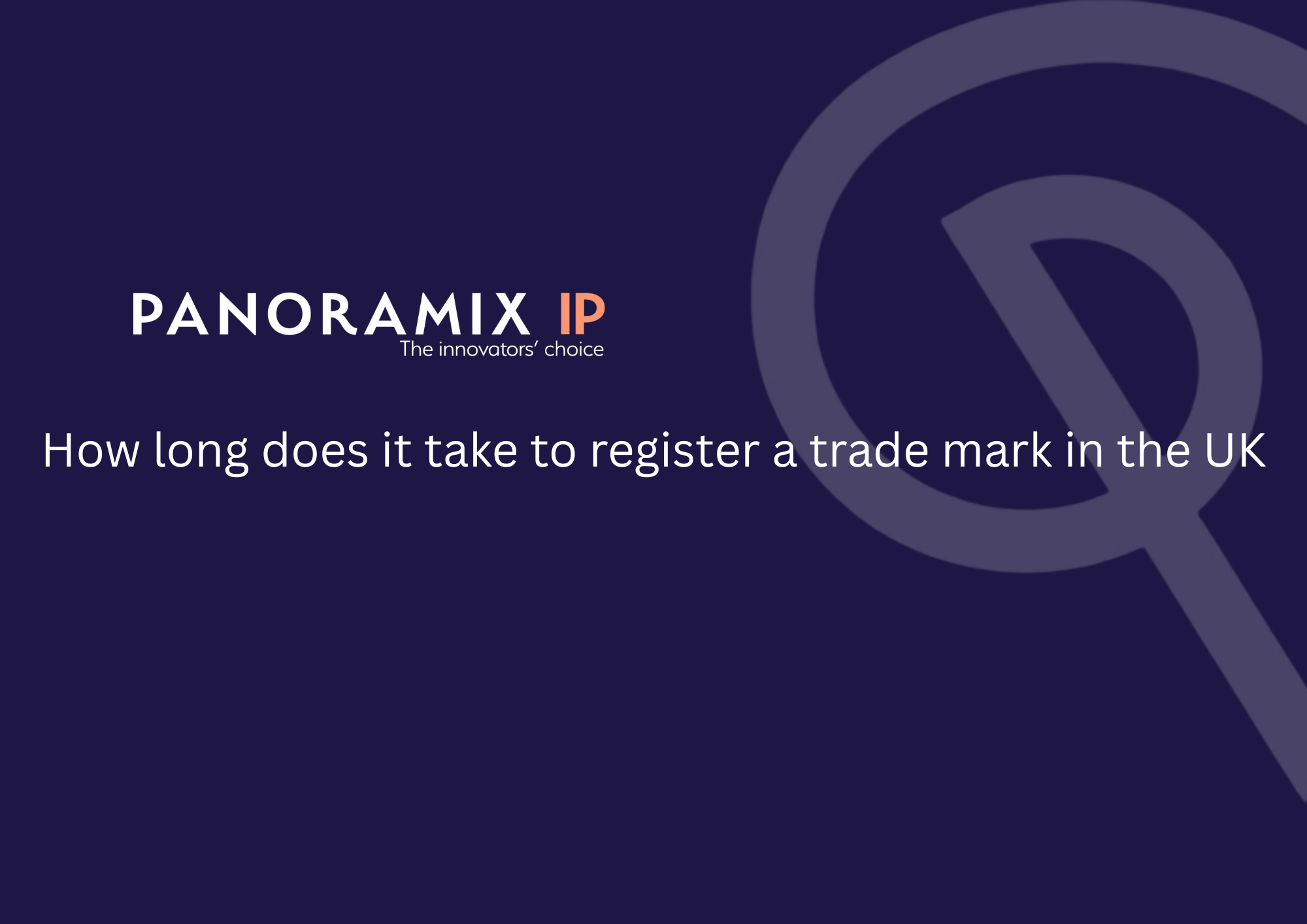Panoramix IP and LCFC: A Local Partnership with Global Potential
As proud sponsors of Lincoln City Football Club for the 2025/2026 season, we are delighted to support our local team both on and off the pitch. While our banner will be proudly displayed at all home games at the LNER Stadium next season, our partnership runs deeper than a few pitch-side LED displays.
During our initial research on choosing a local sponsorship partner, we discovered that the trade mark for the club’s iconic Imp logo did not yet have a registered trade mark. As part of our commitment to safeguarding brand identity and supporting our sponsorship partner, we were honoured to assist LCFC in registering their UK Trade Mark.
More than just a local business looking to support a Lincoln-based institution, this highlights the growing need for football clubs across the UK, from the Premier League to grassroots organisations, to recognise intellectual property protection as an essential pillar of sustainable growth, commercial success and protection for fans.
Why Must Football Clubs Protect Their Brand Assets?
Firstly, What is a Trade Mark?
For those new to intellectual property assets, a trade mark is a legally registered symbol, word, or phrase that is used to represent a business or organisation. In football, this often includes club logos, nicknames, icons and slogans. These identifiers are crucial components of a club’s brand and identity. For Lincoln City Football Club, the Imp logo is more than just an emblem. It’s a symbol of heritage, pride, and community, an instantly recognisable badge of honour for fans and players alike going back generations.
Lincoln City Football Club has wisely chosen to invest in protecting this logo to secure its future use.
The Risks of Not Registering
Without trade mark registration, clubs leave themselves vulnerable to imitation, unauthorised merchandising, and brand dilution. This can lead to reputational damage, lost revenue, and legal disputes that could easily be avoided, all of which could put clubs at risk.
With increased exposure through broadcast deals, social media, and international fan bases, even smaller clubs are at risk of their identity being copied or misused. Trade mark registration provides legal recourse and deterrent power to protect against such misuse.
How Trade Mark Protection Supports Business Growth
Creating New Revenue Streams
Registered trade marks open doors to licensing and merchandising opportunities. Clubs can grant permission to trusted manufacturers to use their logos on merchandise, ensuring brand consistency while generating revenue for the club. For LCFC, the Imp logo now has the legal foundation to be part of commercial products that support the club financially, especially when used on next season’s new kit design, or any products sold by LCFC, official distributors or licensees with the rights to sell products with the club Imp logo on.
Building Commercial Partnerships
In the modern sports industry, commercial partnerships rely heavily on brand equity. When clubs protect their intellectual property, they become more attractive to sponsors and investors who value brand consistency and legal clarity. Our decision to sponsor LCFC was bolstered by the club’s willingness to take its brand protection seriously, and through a shared understanding of the importance of brand protection through registered trade marks.
International Expansion
We know that football is a sport played, enjoyed and supported globally. Whether clubs are playing international friendlies, selling kits abroad, or engaging with fans online, a registered trade mark, when registered in the appropriate countries and jurisdictions, ensures that the brand remains protected across borders. This is particularly important for clubs like LCFC, which is poised for further growth beyond local boundaries, especially with the introduction of club initiatives like the innovation lab, which is generating domestic and international attention from strategic partners.
Why This Matters to Imps and to all fans of the beautiful game.
Preserving Heritage and Identity
To football fans, like the Imps, a club icon is not just a logo; it’s part of an iconic tradition, a cultural symbol, and a source of lifelong pride (depending on the result). Trade mark protection ensures that club insignia are preserved and safeguarded from misuse or distortion.
When clubs take action to protect their identity, they are also protecting the emotional investments of their supporters. Knowing that the club is actively working to defend its image fosters trust and loyalty within the fan base.
Ensuring Authentic Merchandise
Supporters want to wear their club’s badge with pride, knowing that every purchase supports the team and, with hope, increases their chances of going up next season. Trade mark protection allows clubs to control the production and distribution of official merchandise, ensuring high quality and financial return.
The Panoramix IP Approach to Supporting Football Brands
As an intellectual property law firm with the ability to file directly in the UK, EU, and US, Panoramix IP brings international expertise with local dedication. Our team of dual-qualified solicitors and attorneys work hand-in-hand with clubs to:
- Audit current brand assets
- Register trade marks nationally and internationally
- Monitor and enforce against unauthorised use
- Advise on licensing and sponsorship agreements
The work we’ve done with Lincoln City Football Club is a shining example of how timely IP protection can add value and security to a club’s operations.
A Call to Action for All Football Clubs
Whether you’re operating in the Premier League or the National League, intellectual property protection should not be an afterthought. It should be integrated into your club’s commercial, legal, and fan engagement and retention strategy from the outset.
Panoramix IP is here to help football clubs across the UK and beyond take charge of their brand identity. If you’re unsure whether your club’s trade marks are up to date or if you have unregistered brand assets in circulation, get in touch with our team for an initial consultation.
Let Lincoln City Football Club’s proactive approach be a model for others. Because protecting your club means protecting your legacy.















